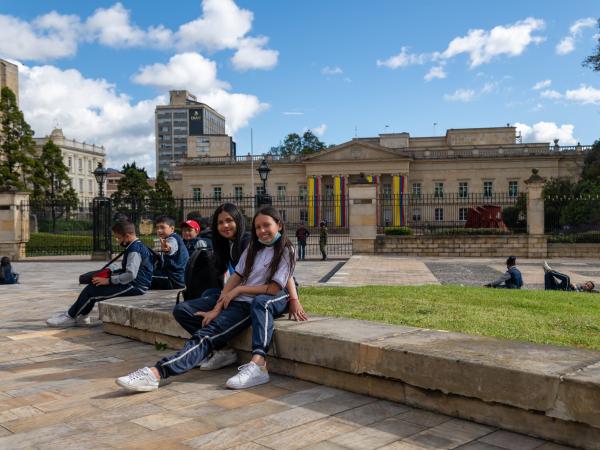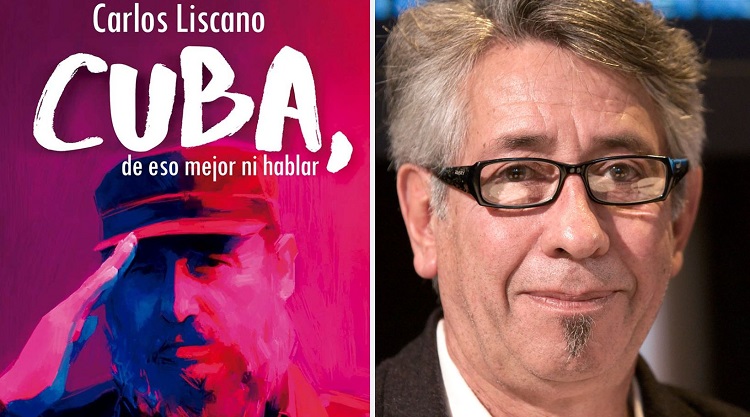The new Colombian government, headed by the president, Gustavo Petro, reopened the streets and squares that surround the house of nariñothe presidential seat, closed for more than 20 years with fences for security reasons.
The most recent decision in this regard is the opening of Plaza Núñez, which connects the Congress with the Casa de Nariño, where foreign and local visitors began to enter to take photos and make videos of the exteriors.
The Nuñez square and the park between the seventh and eighth avenues are open to the public and free transit.
This pedestrian promenade will be a beautiful route to relax. Public space is always a democratic space and increases the quality of life. pic.twitter.com/IVioa1Eo6U
– Gustavo Petro (@petrogustavo) August 12, 2022
“I find it very cool to recover this space again, to walk here again, to see these buildings, the freedom, the atmosphere, everything is magical. This is a resounding change. I would like to see that the changes are for the good of the whole world, that would seem magnificent to me”, said Rocío Arango, who was one of the first people to visit the place.
For its part, the Administrative Department of the Presidency (Dapre) said on social media that “From now on, Plaza Núñez, located between the Palacio de Nariño and the Congress of the Republic, is open to the public, demonstrating that this government is a government of the people and with open doors.”
(Sumptuary expenses and parallel payroll: what they are and why they will be cut).
The wide space has been the scene of 27 changes of government, including the last one, between Iván Duque and Petro.
Likewise, it hosted national and international diplomatic meetings and even witnessed the emergence of the 1991 Constitution, which currently governs the country.
In addition to benches and gardens, it has a statue of the journalist and writer Rafael Núñez, who was president of Colombia four times -between 1880 and 1894-.
Likewise, it is adorned with a monument by Antonio Nariño. To him we owe the movement of ideas that preceded the War of Independence and that culminated in the first translation and publication of the Rights of Man.
EFE








